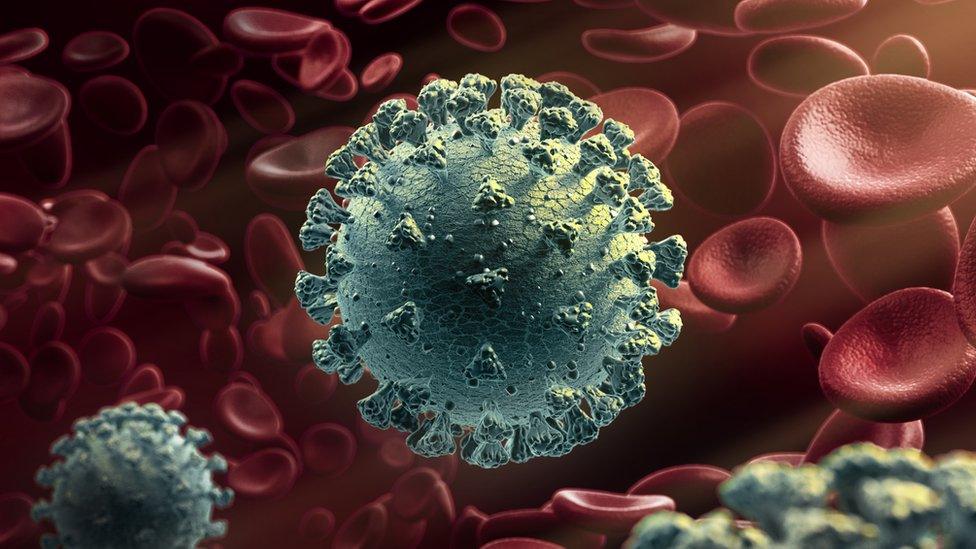Covid-19: West Midlands Ambulance Service records busiest day
- Published
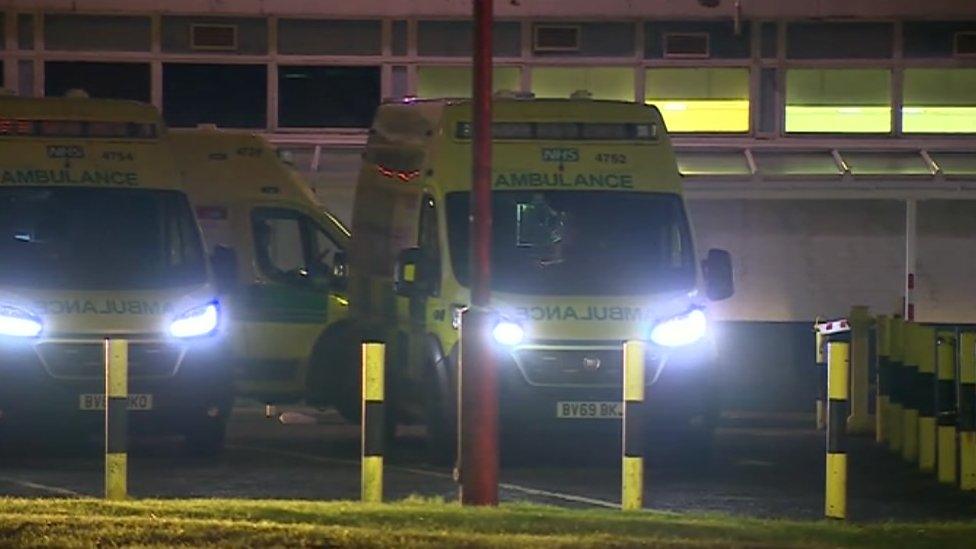
Ambulances wait outside City Hospital in Birmingham
An ambulance service has experienced its busiest day of calls on record.
On Monday, West Midlands Ambulance Service dealt with 5,383 calls in 24 hours. The previous record was 5,001 calls in March 2018.
Seven hundred of those calls came from London as its calls system struggled, according to BBC health correspondent Michele Paduano.
The ambulance service said Covid-19 and winter weather had resulted in hospitals being "extremely busy".
At the hosptials, the longest a patient waited was five hours and 39 minutes, with two of the longest waits at the Royal Shrewsbury Hospital and Heartlands Hospital in Birmingham.
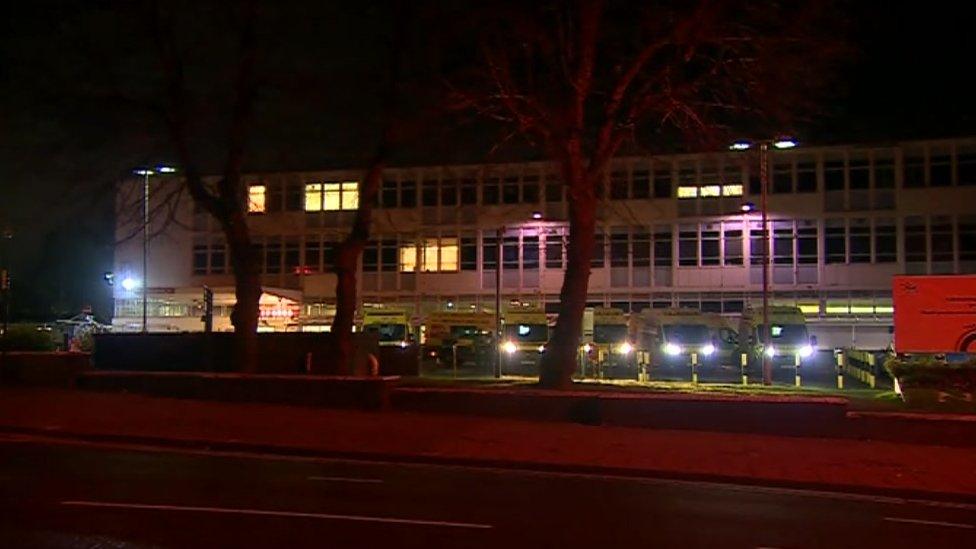
A combination of Covid-19 and winter weather has resulted in hospitals being "extremely busy"
At one point on Monday night, 15 ambulances were waiting to hand over patients outside New Cross Hospital in Wolverhampton.
A source told the BBC it was "a very challenging day" and in total, handovers had accounted for 759 hours of crews' time, equivalent to taking 63 ambulances off the road.
While another said at 06:00 GMT on Tuesday, ambulances were still responding to emergency calls from the night before.

Analysis, Michele Paduano, Health Correspondent
Traditionally, the first Monday after New Year is always busy. GP surgeries have been closed and people wait until after the festivities to get medical treatment.
This year, the number of calls was exacerbated by the service taking about 700 calls for the London ambulance service after its system struggled.
There was also the perfect storm of snow and ice coupled with coronavirus - made worse because many of our trusts, particularly University Hospitals Birmingham have been struggling with capacity for many months. Usually hospitals would put patients on corridors, they can't because of Covid risks.
They also have fewer beds due to wider spacing to prevent infection and fewer staff on duty. Hence patients left for hours on ambulances outside.
West Midlands Ambulance Service is the best performing in the country, but even with near to 500 ambulances a day on the road, it cannot keep up with demand.

Prof David Loughton, the chief executive of the Royal Wolverhampton NHS Trust, warned its capacity would "soon be compromised".
"The numbers are ramping up enormously and I don't think we've seen the full impact of what happened on Christmas Day yet, that will take time to come through," Prof Loughton said.
He added a two-week "lag" meant things could get worst before they get better.
"As I always say today's Covid rate is my order book for intensive care in two weeks' time."
A West Midlands Ambulance Service spokesman said: "A combination of Covid-19 and winter weather has resulted in hospitals being extremely busy which unfortunately resulted in hospital handover delays.
"We work closely with the hospitals to try and ensure our crews are able to handover patients quickly and safely, but due to the extremely high demand some patients did wait longer to be handed over than we would normally see."
In a statement London Ambulance Service NHS Trust said : "As is standard practice during periods of high demand and high levels of staff sickness, ambulance services provide support for each other, which includes answering 999 calls."

A SIMPLE GUIDE: How do I protect myself?
AVOIDING CONTACT: The rules on self-isolation and exercise
HOPE AND LOSS: Your coronavirus stories
LOOK-UP TOOL: Check cases in your area


Follow BBC West Midlands on Facebook, external, Twitter, external and Instagram, external. Send your story ideas to: newsonline.westmidlands@bbc.co.uk , external

Have you been affected by the issues raised in this story? Share your experiences by emailing haveyoursay@bbc.co.uk, external.
Please include a contact number if you are willing to speak to a BBC journalist. You can also get in touch in the following ways:
WhatsApp: +44 7756 165803
Tweet: @BBC_HaveYourSay, external
Please read our terms & conditions and privacy policy
If you are reading this page and can't see the form you will need to visit the mobile version of the BBC website to submit your question or comment or you can email us at HaveYourSay@bbc.co.uk, external. Please include your name, age and location with any submission.
- Published1 July 2022

- Published7 May 2021
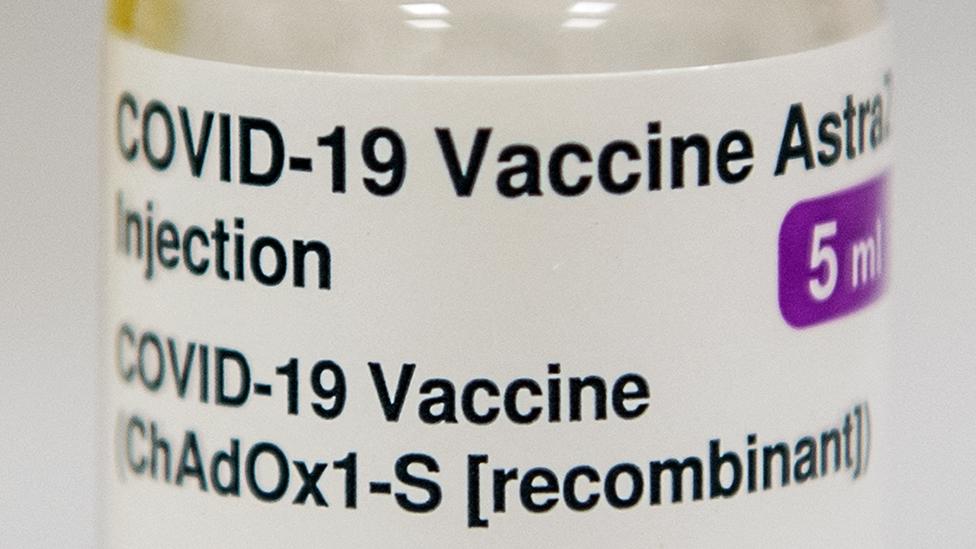
- Published4 January 2021
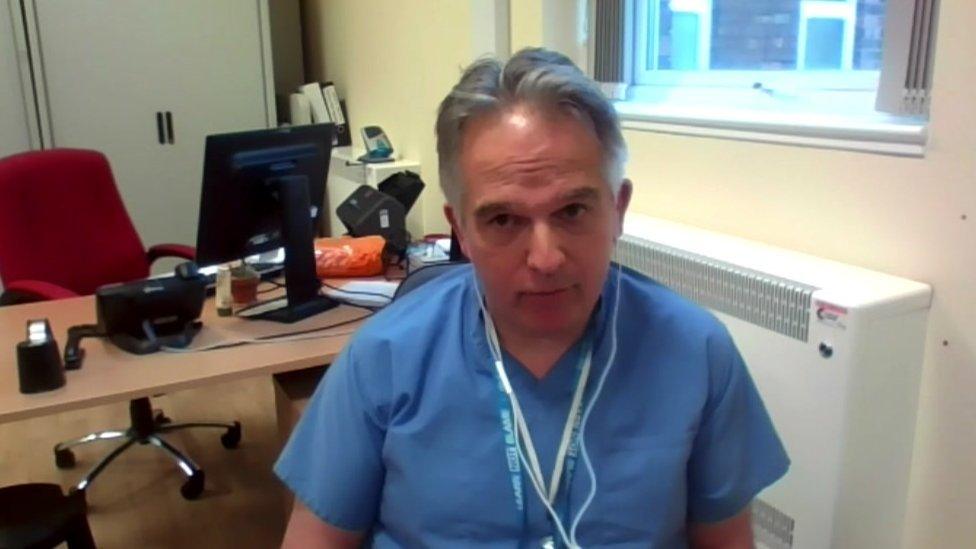
- Published23 December 2020
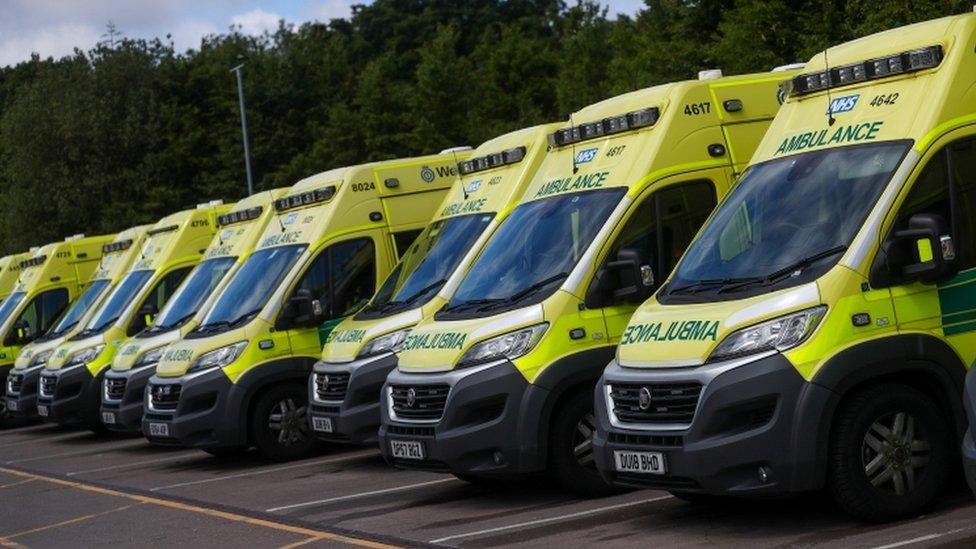
- Published20 December 2020
